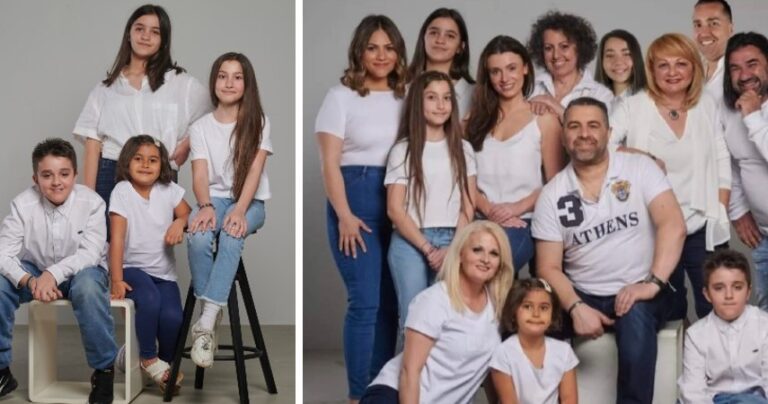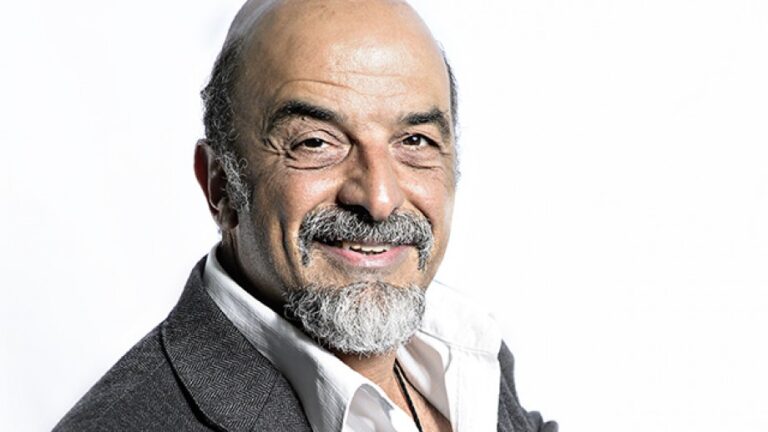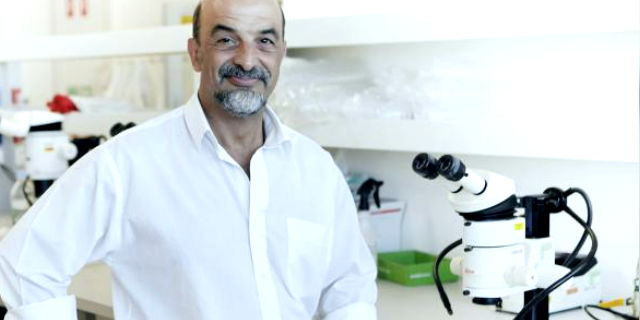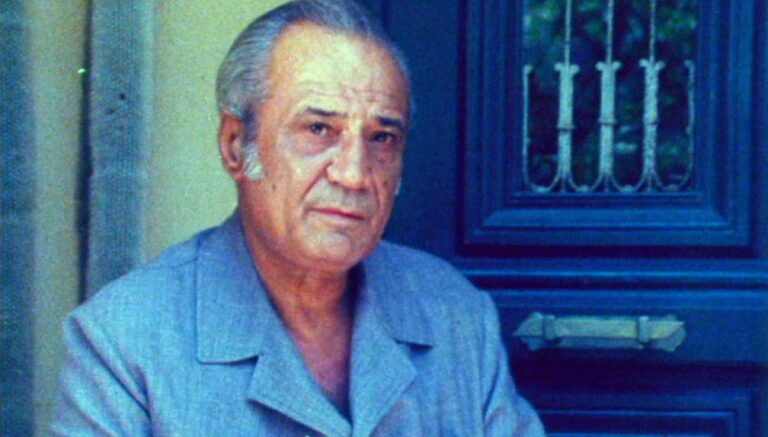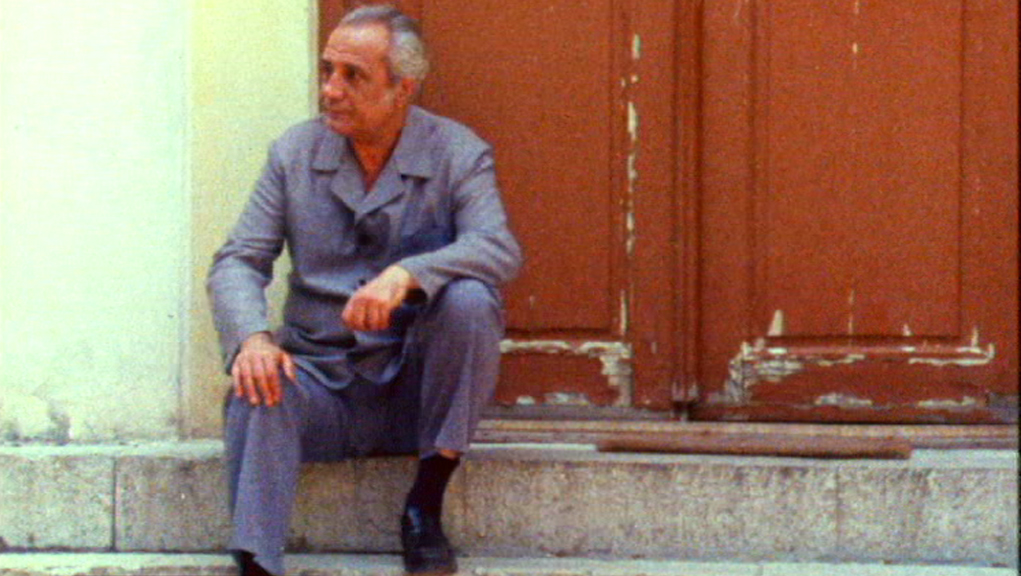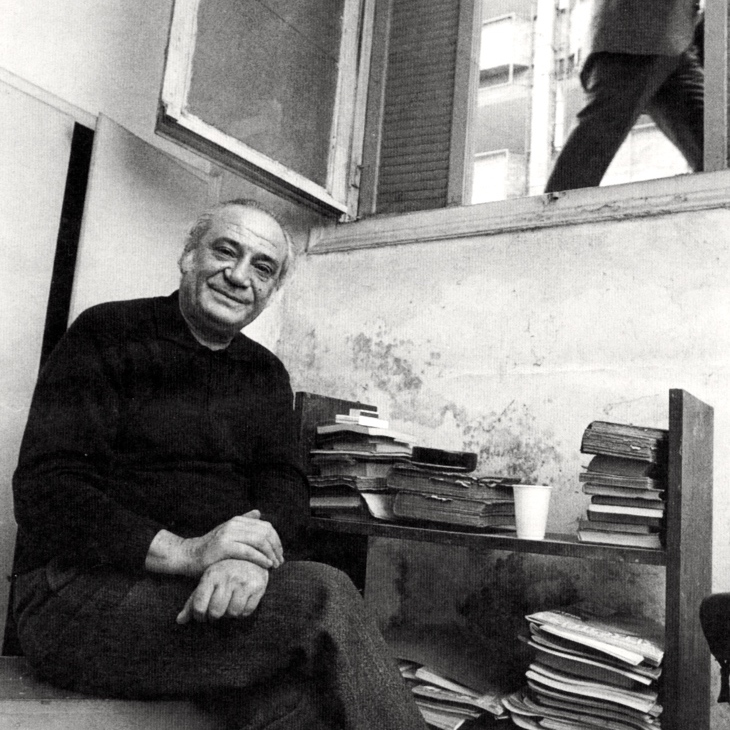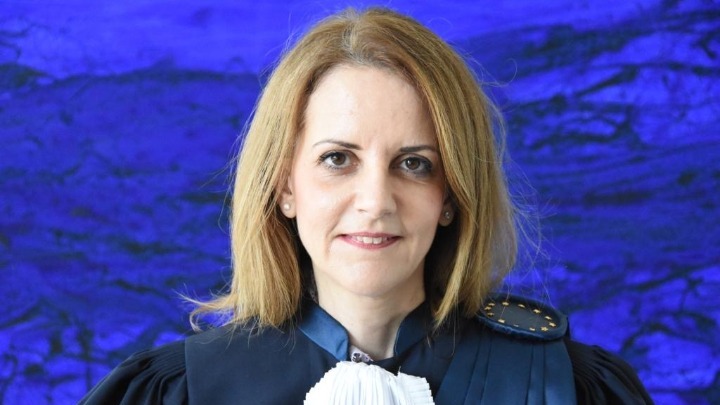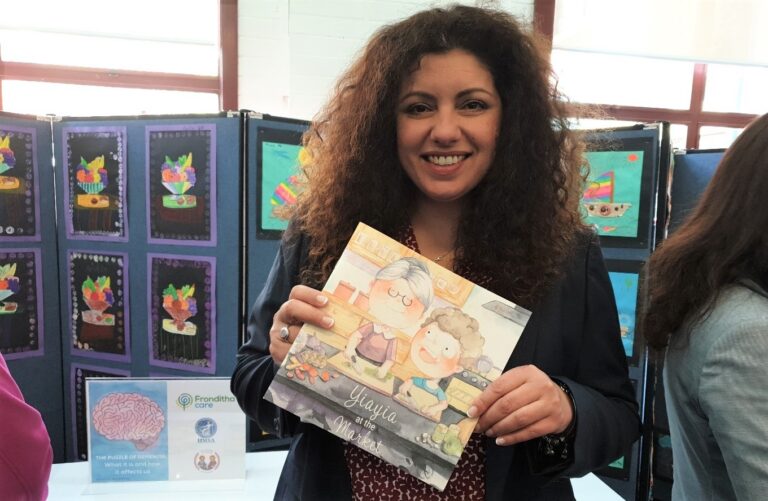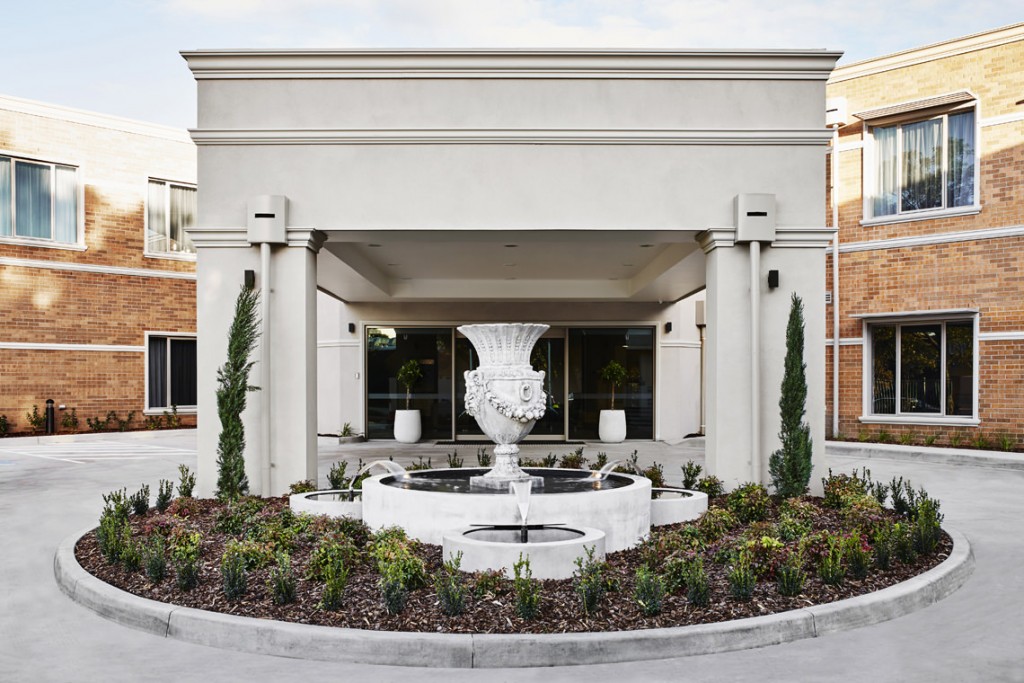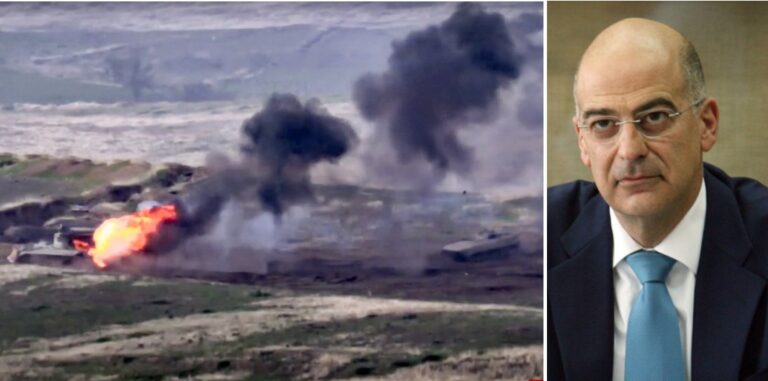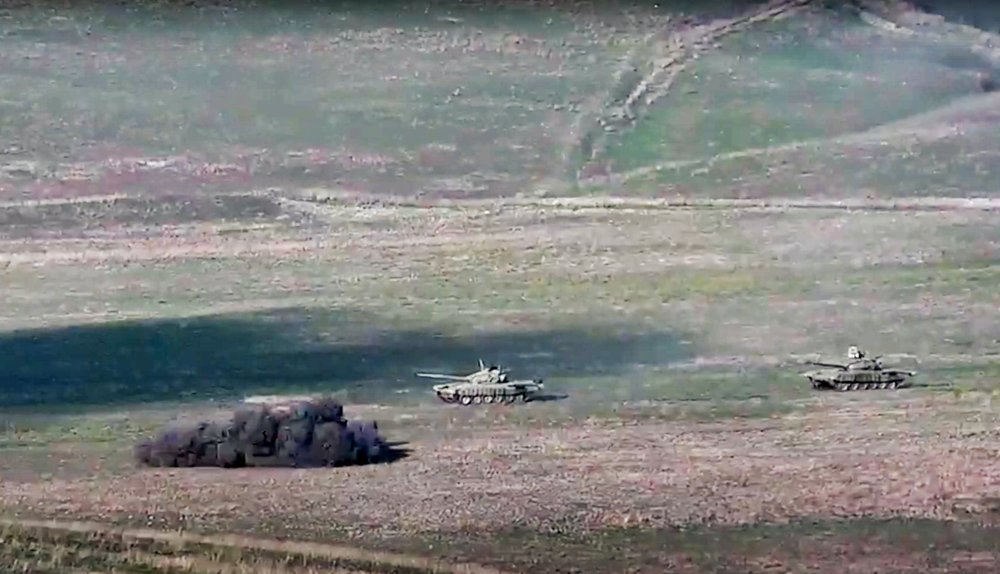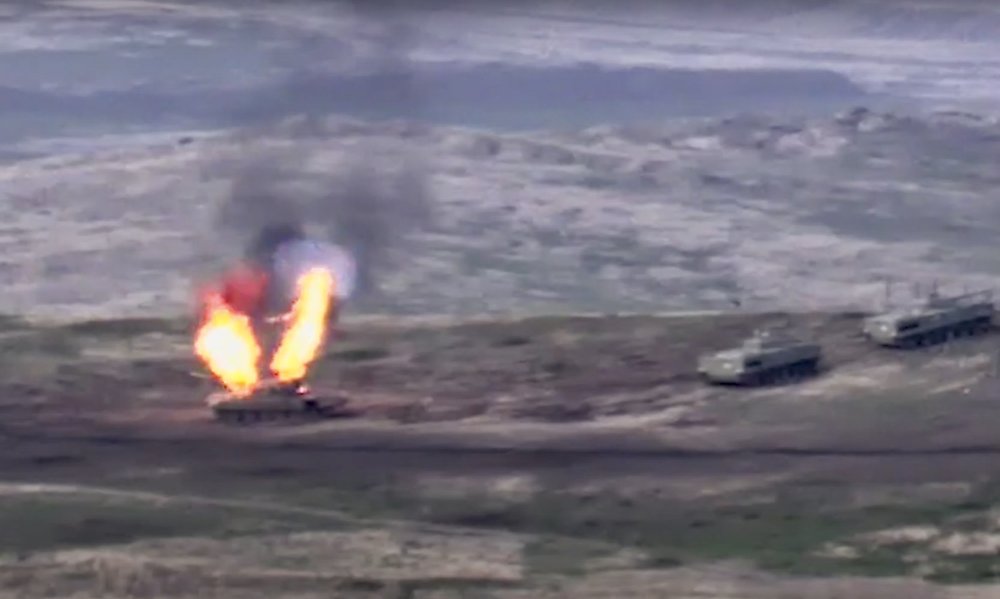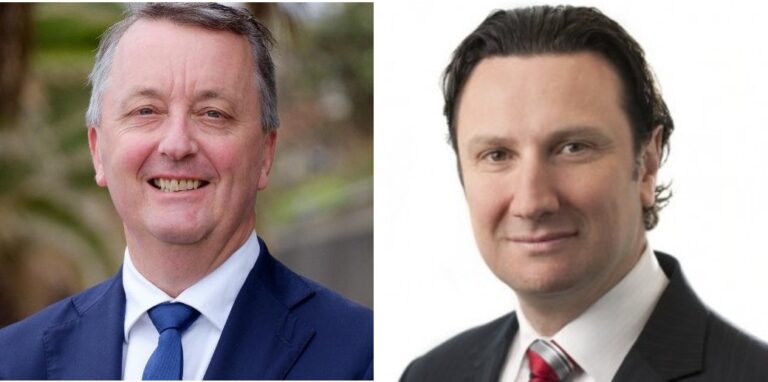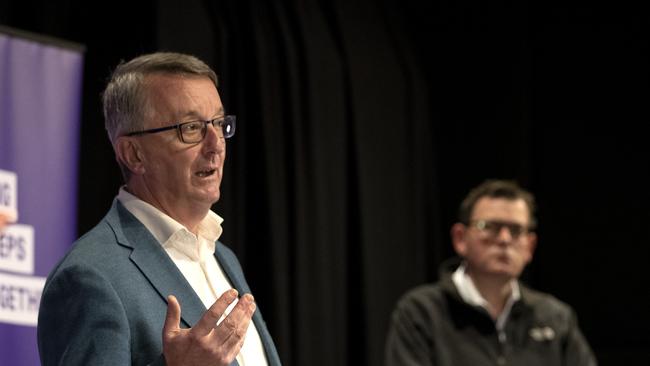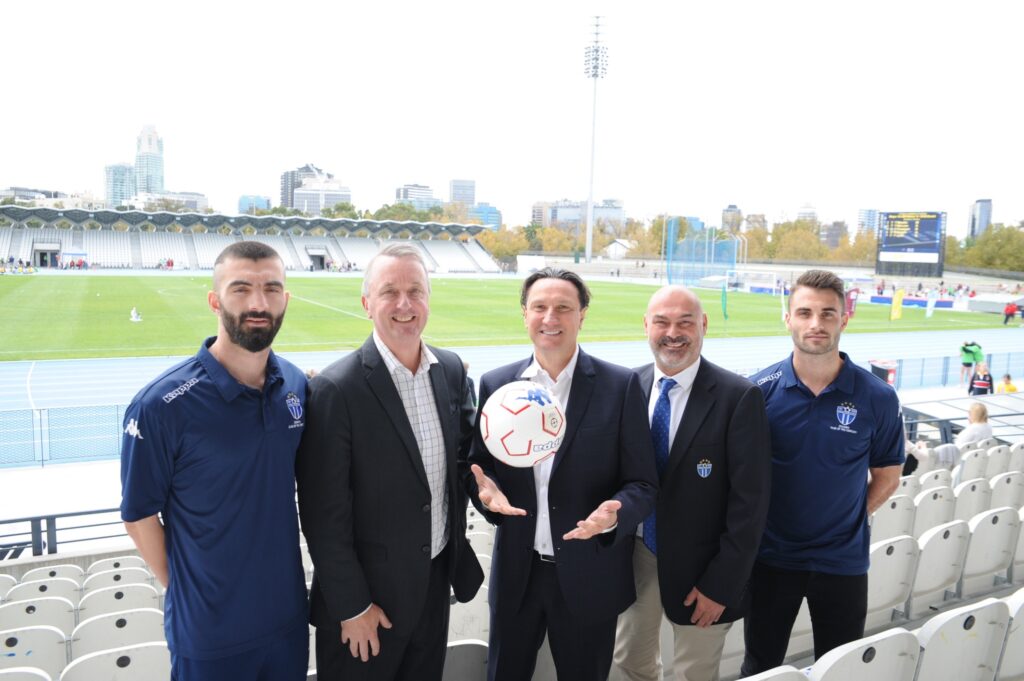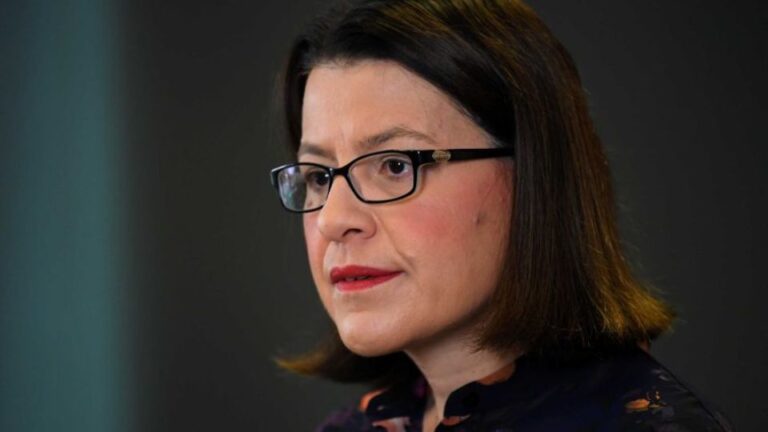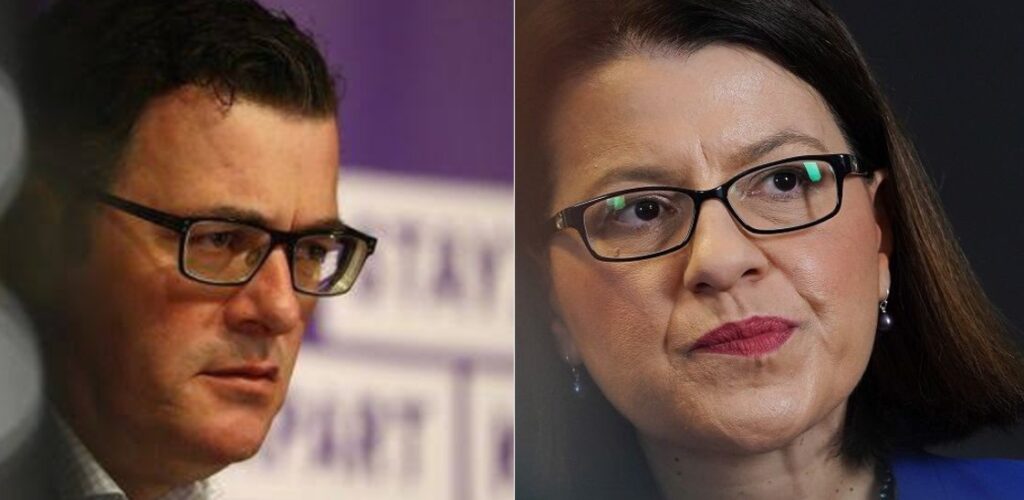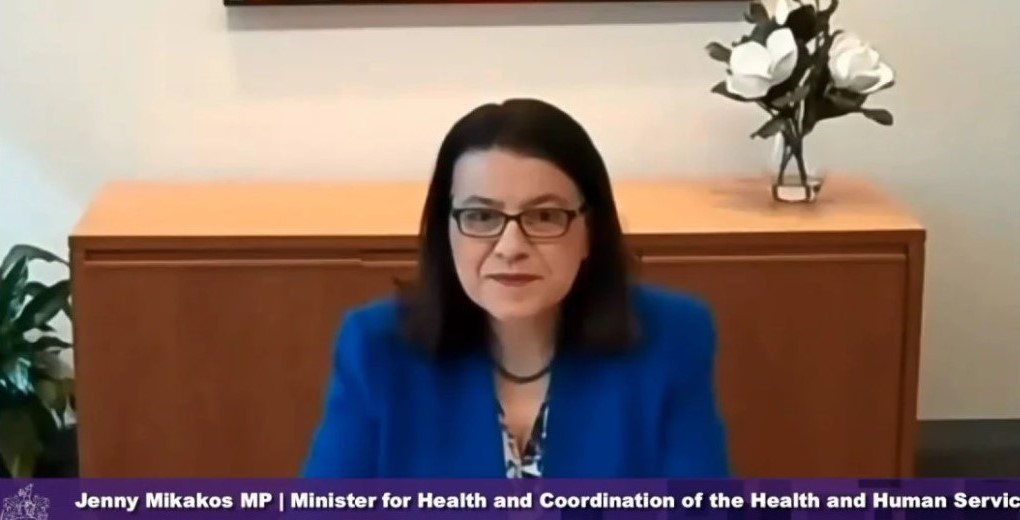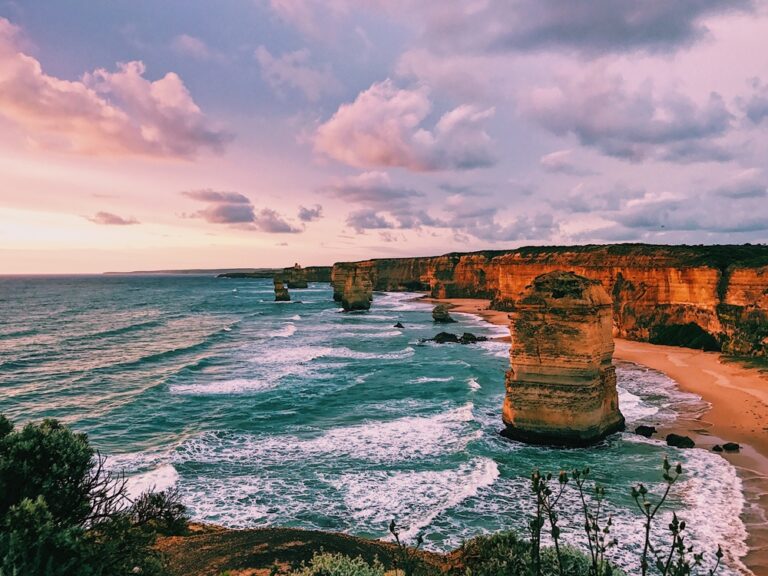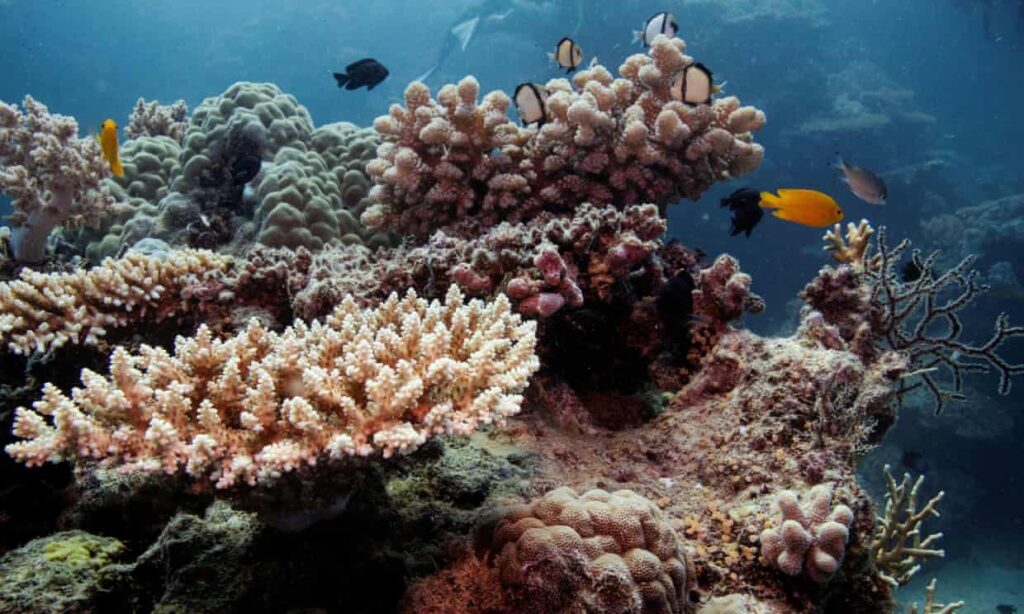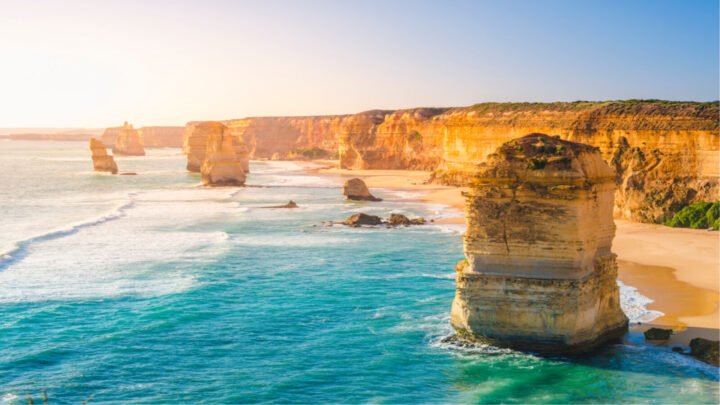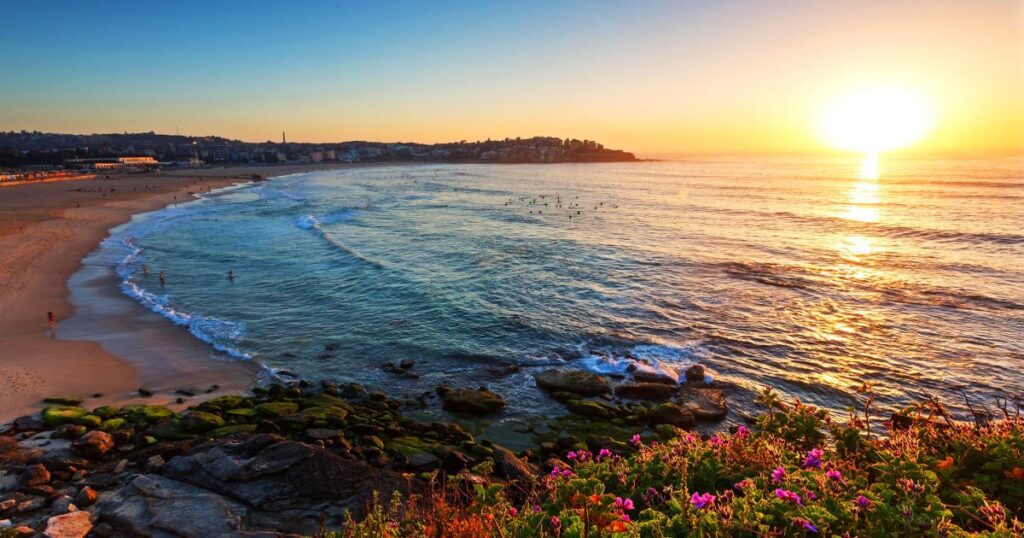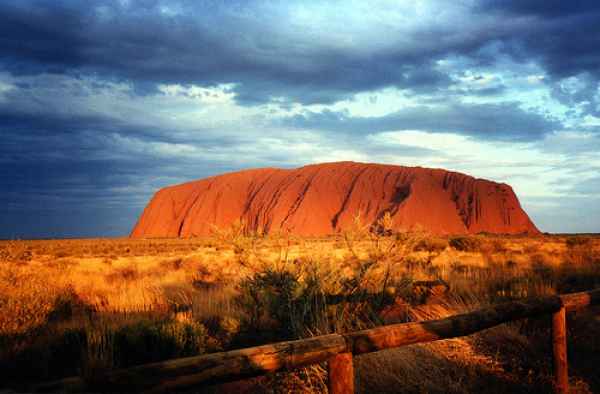Meraki TV is set to grace our screens again from October 12th at 7pm on Foxtel’s Aurora Channel 173.
The new season has a fresh look with its new host Demitra Sealy, who is known for her blossoming acting career including a new Hollywood film.
“What an exciting time to be host of Meraki TV! I have been involved for several years but this is the first time that I will be the host. I love the cast, crew and everyone involved. We have become a wacky little family,” Demitra tells The Greek Herald.
“The show gave me a unique way to connect with a large part of my heritage and culture, my Greek Australian community… Living up to its name, the show has really allowed me to delve into my Meraki.”
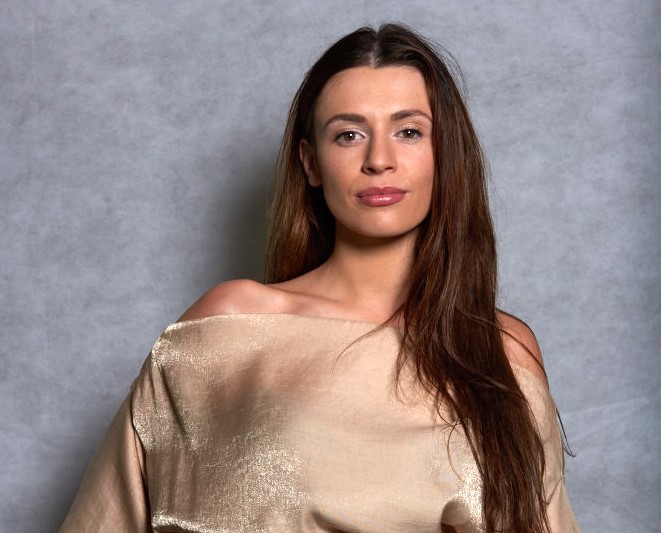
Meraki TV will offer a wide variety of entertainment including: interesting interviews, a kids corner, mini documentaries on Greek mythology, art and mindfulness with Noula, and news from the motherland.
There will also be a bigger and better cooking segment this year with three chefs not one. George Diakomichalis will cook with his apprentice Anna, while Helen Demetriou resurrects her Under 30 Minutes segment.
Season 6, will also see ‘The Kids Corner’ hosted by kids who will bring their own fun, magic and energy to the show. They will cover everything from arts and crafts to ancient Greek board games.
For music news, ARIA chart topper, DJ Krazy Kon, returns. Krazy Kon celebrates 25 years of his iconic Greece CD series this year, and shares his industry knowledge and talent for picking the best music and artists.

And in an entirely new travel segment produced exclusively for Meraki TV, get ready to wander through the most beautiful travel spots in Greece.
“I’m so proud of Meraki TV. Of the contribution it makes to Greek Australia. We connect so many from all different corners of the continent,” Executive Producer of Meraki TV, Ana Sevo, tells The Greek Herald.
“Our team is so talented, energetic, passionate and devoted. I love that all members of the family sit and watch this together. From the kids to the grandparents. And that is a really important aspect of Greek culture.”
Other highly acclaimed team members include journalist, novelist and award winning documentary filmmaker, Billy Cotsis, and roaming reporter Maria Hohlastou.
Monday, October 12, can’t come soon enough!
If you want to rewatch any episodes of Meraki TV, you can do so via YouTube.

